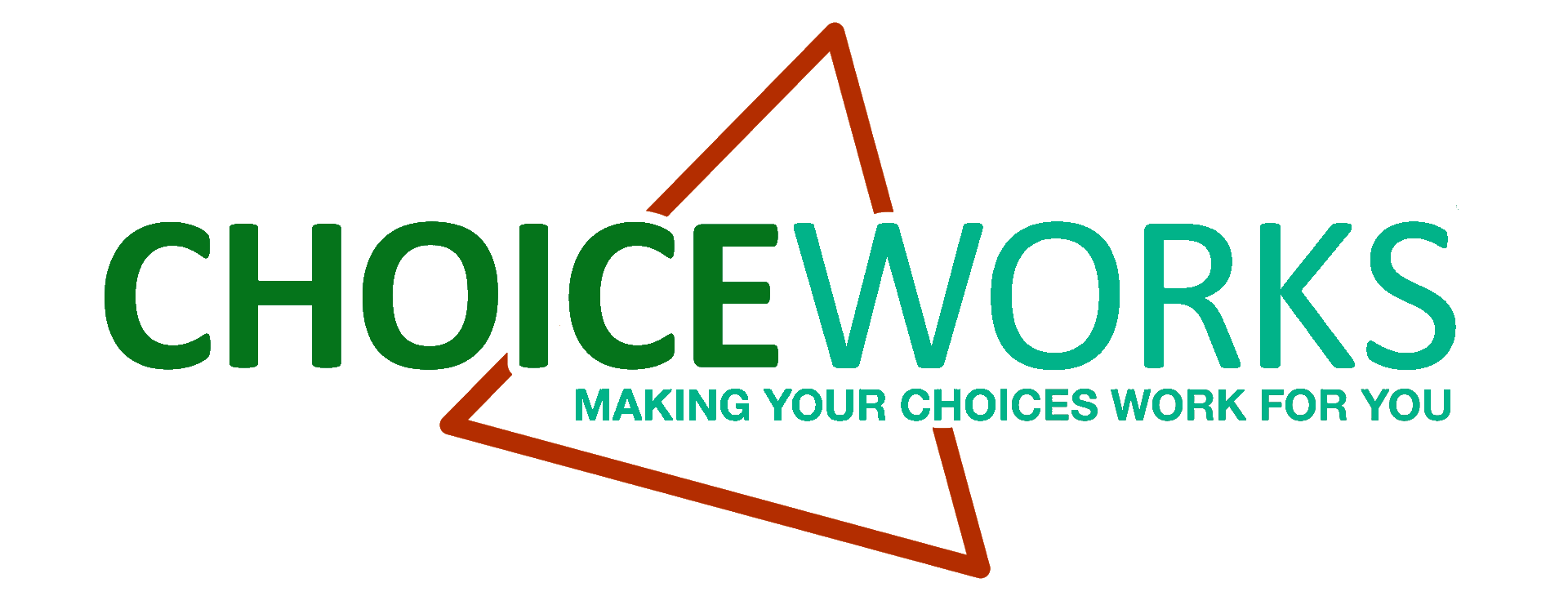
frequently asked questions
What does coaching involve?
Can I be coached?
What are the benefits of coaching?
How much time does it take?
How much will it cost?
What is a coach’s responsibility in the client-coach partnership?
What is a client’s responsibility in the client-coach partnership?
Are there international coaching standards?
What is coaching?
Coaching is a technique of questioning and conversation that explores where an individual currently is in their life, where they want to be, the choices they have and what commitments they will make to effect change. It can concentrate on the whole of one’s life, on distinct personal issues or professional business related challenges. It’s about getting focused, seeing things from fresh perspectives and taking action. The goal of coaching is to guide vision, encourage excellence, and unlock an individual’s true potential. It does this through facilitating increasing awareness and accountability, inspiring action to achieve desired outcomes while reducing the limiting effects of fear, doubt and other barriers to learning and change.
Back to the top
What does coaching involve?
- Regular communication (face-to-face or by phone)
- A solutions-focused methodology for change
- A model that breaks significant goals and perceived hurdles, into smaller achievable steps
- Honest feedback
- A totally non-judgmental and agenda-free environment
- A safe sounding board
- Accountability, assisting clients to convert their intentions into actions
The ICF defines coaching as partnering with clients in a thought-provoking and creative process that inspires them to maximize their personal and professional potential.
Coaching honors the client as the expert in his/her life and work and believes that every client is creative, resourceful, and whole.
Back to the top
Can I be coached?
If you are someone willing to ‘do what it takes’ to live an extraordinary life, Life Coaching is the perfect solution for you. Answer this simple questionnaire to see if you are ready: Are You Ready? (Coming soon)
Back to the top
What are the benefits of coaching?
Individuals who engage in a coaching partnership can expect to experience fresh perspectives on personal challenges and opportunities, enhanced thinking and decision making skills, enhanced interpersonal effectiveness, and increased confidence in carrying out their chosen work and life roles.
Consistent with a commitment to enhancing their personal effectiveness, they can also expect to see appreciable results in the areas of productivity, personal satisfaction with life and work, and the achievement of personally relevant goals.
Read what other coaching clients have said: Testimonials
Back to the top
How much time does it take?
Generally a client will sign up between 6-10 coaching sessions over a 2 – 4 month period. Each session lasts approximately 60 minutes and can be conducted either face to face or over the phone.
Back to the top
How much will it cost?
Every person is unique and requires more or less coaching depending on their situation. Choiceworks offers a range of options – at the first client meeting we identify the best option to suit and the best cost structure to meet the clients needs. Refer to the Packages page for an indication of how this structure might look, and note that the first meeting with a client is always complimentary and obligation free
Back to the top
What is a coach’s responsibility in the client-coach partnership?
A coach should:
- Discover, clarify, and align with what the client wants to achieve
- Manage the coaching process and ensure the client stays on track
- Ask questions to provide clarity and encourage client self-discovery
- Provide objective, timely feedback and be a positive support
- Elicit client-generated solutions, strategies and actions; and
- Hold the client responsible and accountable.
Professional coaches provide an ongoing partnership designed to help clients produce fulfilling results in their personal and professional lives. Ultimately, coaches help people improve their performances and enhance the quality of their lives.
Coaches are trained to listen, to observe and to customize their approach to individual client needs. They seek to elicit solutions and strategies from the client; they believe the client is naturally creative and resourceful. The coach’s job is to provide support to enhance the skills, resources, and creativity that the client already has.
Back to the top
What is a client’s responsibility in the client-coach partnership?
The client enters into the coaching agreement with the full understanding that they are responsible for creating their own results. A client agrees/chooses to:
- Commit to attending all coaching sessions
- Turn up at the arranged time/location prepared and ready to work.
- Express the desired outcome from the coaching sessions/program
- Allow time to process what has been learned and complete the action steps.
- Be open-minded. Try new approaches. Experiment.
- Be willing to change beliefs and patterns if they are no longer working.
Are there international coaching standards?
